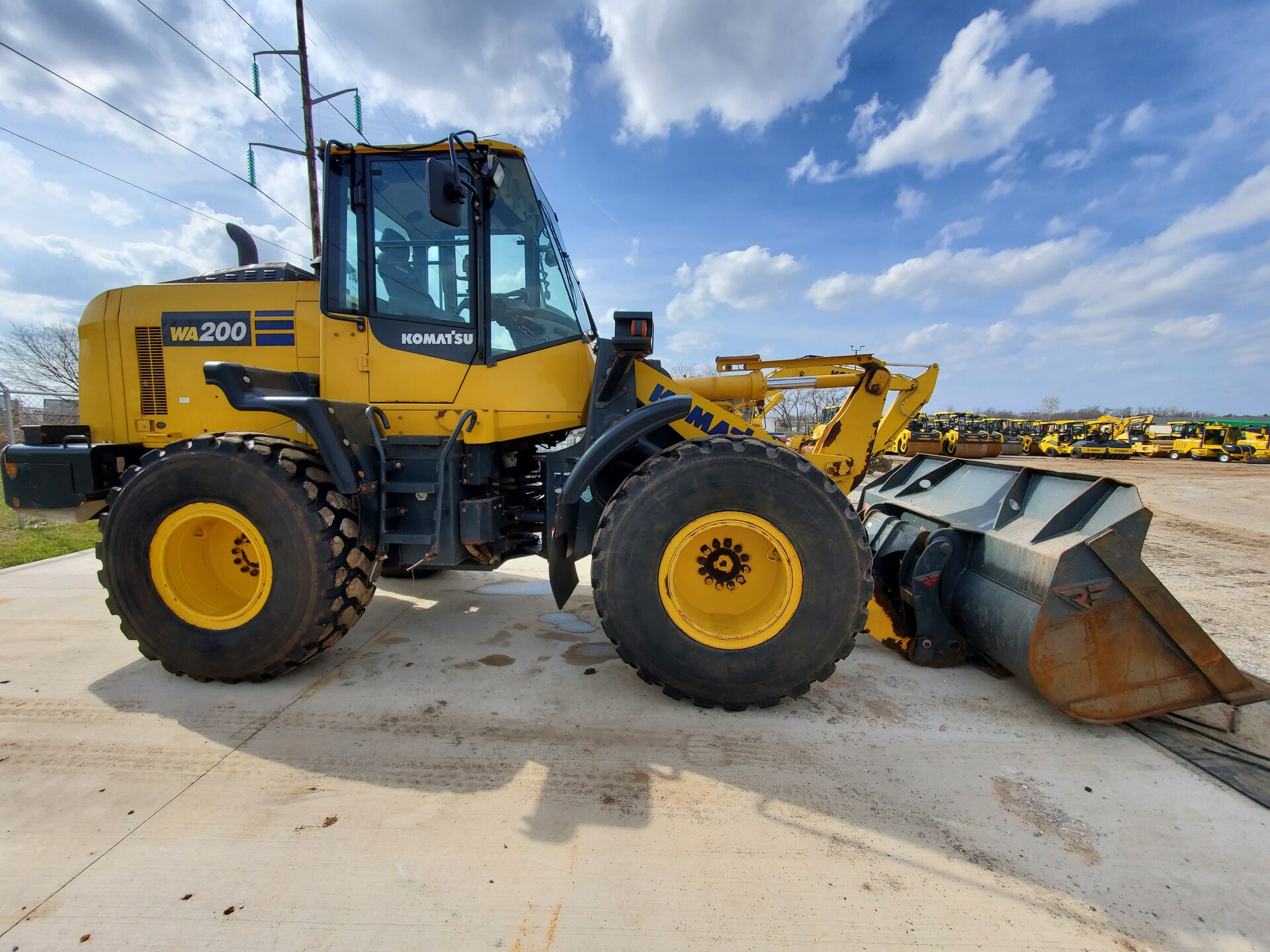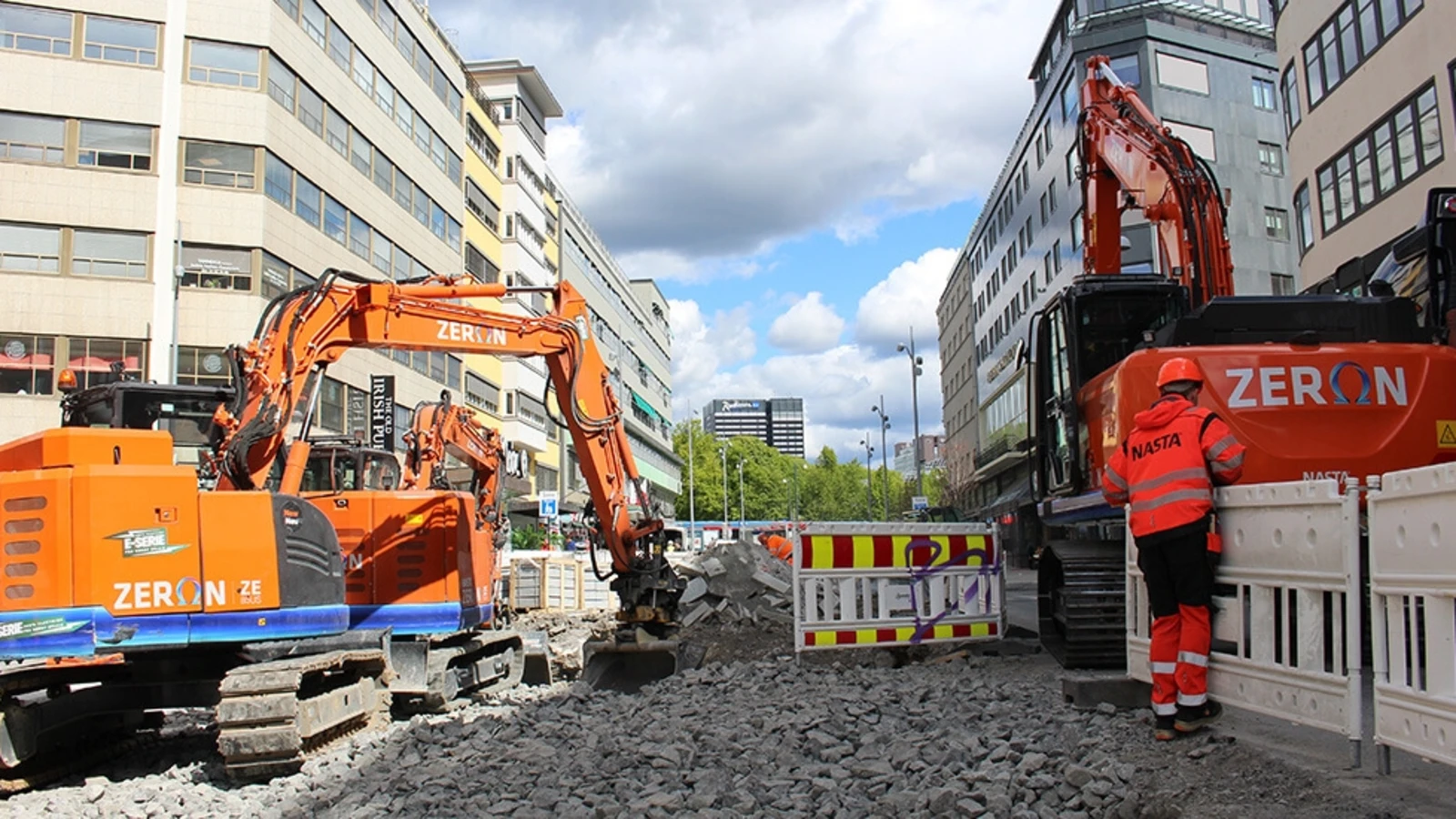Important Tips for Handling Heavy Tools Rental Agreements and Logistics Efficiently
Effectively handling heavy tools rental arrangements and logistics is critical for the success of any type of project that depends on these resources. An extensive understanding of rental terms, paired with accurate analysis of tools needs, lays the structure for positive settlements.
Understand Rental Terms
Recognizing rental terms is crucial for effective heavy equipment management. The rental duration specifies the duration for which the tools is leased, affecting budgeting and task timelines.
Additionally, it is essential to comprehend the maintenance commitments detailed in the agreement. Generally, rental companies keep the devices, but understanding that is in charge of routine checks and repair work is important to stop operational disturbances. Furthermore, terms may include stipulations concerning responsibility for damages or burglary, which can have severe monetary effects otherwise effectively comprehended.

Assess Tools Requirements
Examining equipment needs is an essential action for any kind of project manager intending to optimize resource allowance and boost functional effectiveness. This procedure involves an extensive examination of the job demands, consisting of details jobs, timelines, and the kind of devices essential to attain wanted results.
Begin by recognizing the extent of the task and the jobs that will certainly be executed. Take into consideration factors such as the surface, the range of operations, and any prospective challenges that can influence devices choice. Engaging with staff member who will operate the equipment can supply beneficial understandings into practical needs and choices.

Next, evaluate the capability and capabilities of readily available tools choices. It is necessary to match the appropriate devices to the tasks handy, making sure that it can handle the expected workload without compromising security or performance.
In addition, factor in the rental duration and regularity of usage. Understanding these aspects can help figure out whether renting or buying is one of the most economical remedy. By carrying out a comprehensive analysis of equipment requirements, task managers can make enlightened decisions that cause boosted productivity and minimized operational expenses.
Negotiate Effectively
As soon as the tools demands are plainly determined, the following action includes efficient settlement with rental firms to safeguard desirable terms. Begin by looking into numerous rental companies to understand their pricing frameworks, supply schedule, and reputation.
When approaching the arrangement table, be clear concerning your needs, consisting of the kind of devices, rental duration, and any extra services you may require. This openness allows rental business to offer tailored remedies that can satisfy your details demands (aerial lift rental). Do not think twice to request discounts, especially for lasting leasings or bulk orders, as lots of business agree to supply concessions to protect bigger contracts
In addition, take into consideration discussing terms associated to distribution, maintenance, and insurance coverage charges. These factors can considerably influence the overall expense and needs to be clearly described in the rental contract. Guarantee that all agreed-upon terms are recorded in creating to avoid misunderstandings and shield your passions throughout the rental period. Effective settlement not just results in expense financial savings however also establishes a positive connection with the rental firm.
Coordinate Transportation Logistics
Collaborating transport logistics is an important aspect of managing heavy equipment rental agreements. Efficient transport makes certain that tools is provided on time and in optimal condition, thereby minimizing downtime and boosting project efficiency. To attain this, it is vital to create a comprehensive logistics plan that describes the whole transport process from pickup to delivery.
Begin by assessing the specific transportation demands based on the kind and size of the tools entailed - forklift rental. Involve with reputable transport carriers who specialize in hefty devices to guarantee they possess the essential proficiency and tools, such as flatbed trucks or specialized trailers. Go over elements such as weight limits, course limitations, and called for authorizations to stay clear of unforeseen delays
Moreover, keep open communication with both the rental firm and the transportation provider to coordinate timetables successfully. Confirm all details, consisting of pick-up and drop-off times, to ensure every person is aligned and prepared. Finally, establish backup plans to attend to any potential interruptions, such as adverse weather condition or website traffic conditions, which might affect the transport timeline. By meticulously collaborating transport logistics, you can support the honesty of your rental agreement and help with smooth task implementation.
Strategy for Upkeep and Assistance

Moreover, it is vital to interact directly with the rental supplier pertaining to upkeep obligations. Some contracts might include maintenance as component of the rental solution, while in various other situations, the obligation might fall on the tenant. Comprehending these terms will certainly help prevent unforeseen expenses and responsibilities.
Additionally, having accessibility to technological assistance can be important. Make certain that the rental business provides 24/7 assistance or an emergency call, permitting quick resolution of any next page type of tools issues. Training your group on correct tools usage and routine checks can additionally dramatically enhance operational efficiency.
Final Thought
In verdict, effective administration of hefty equipment rental arrangements and logistics depend upon a complete understanding of rental terms, exact analysis of equipment demands, and experienced arrangement click to find out more skills. Working with transport logistics and preparing for maintenance better improve functional performance. By carrying out these strategies, companies can minimize dangers, control prices, and make sure that tasks advance smoothly and within well established timelines. Emphasizing clear communication with all stakeholders remains vital in browsing the complexities of equipment rental and logistics management.
Successfully handling heavy tools rental agreements and logistics is critical for the success of any project that depends on these resources. By completely examining and recognizing these rental terms, businesses can make informed decisions, mitigate dangers, and guarantee that their heavy tools management aligns with task goals and economic restraints.Coordinating transport logistics is an essential element of managing heavy equipment rental contracts.In conclusion, reliable administration of hefty tools rental agreements and logistics joints on a thorough understanding of rental terms, precise analysis of tools demands, and skilled used skid steer settlement abilities. Stressing clear interaction with all stakeholders remains critical in browsing the complexities of tools rental and logistics administration.